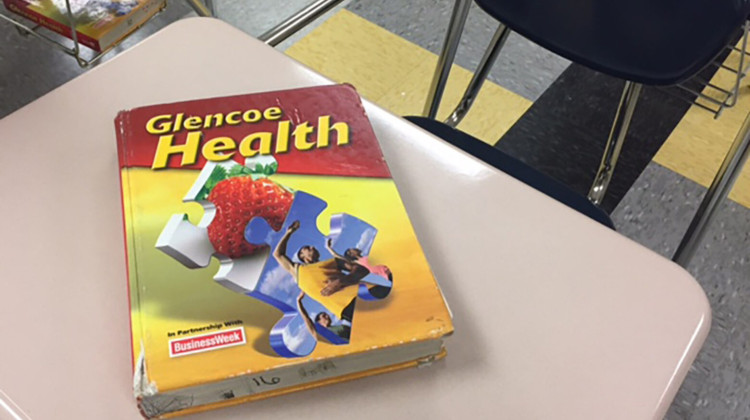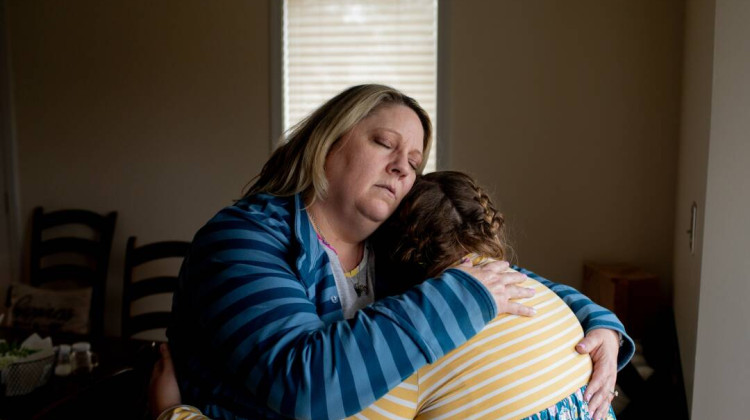Pharmacists are one of the latest medical fields with a staff shortage. WFYI’s Terri Dee spoke with Butler University College of Pharmacy and Life Sciences Dean Bob Soltis about the shortage and opportunities and challenges in that career.
WFYI Reporter, Terri Dee: Currently the pharmacy industry is experiencing, like many other businesses, shortages in staff and having already existing staff take on more tasks and responsibilities. So, are pharmaceutical companies and the drugstore chains approaching Butler University with job opportunities for your students?
Bob Soltis, dean, Butler University College of Pharmacy and Life Sciences: Yes, they are. We've always had some partnerships with local pharmacies as well as the chains. They help out with some programming for students as well as giving them opportunities for internships, and they talk to us a couple times a year about job opportunities. Recent conversations have been that there is a strong demand or a growing demand in Indiana for retail or community pharmacists.
Dee: What are the starting salaries for graduating students?
Soltis: We've seen anywhere from the $90,000 range on up to $100 or $110, maybe even a little bit higher, depending upon the demand or the area in which they're looking. So, for example, if they have a difficult time filling positions in rural areas, the salaries might be a little bit higher. If it's a market where there's plenty of interest, salaries might be a little bit lower.
Dee: Are Butler students optimistic about their choice to work as a pharmacist, given the current circumstances that we're in right now?
Soltis: Yes, we meet with the students quite often, especially those in the last two years with the professional program; they're pretty motivated. They come in as first year students and in the course of six years, they get a very good understanding of the profession.
About half of our students go into community pharmacy as their practice site. We still see a lot of interest in that, although they are practicing themselves as interns and they're starting to see the push and the pull of the profession; that there's a lot of opportunity. But there's also a lot of pressures on meeting the demands of both patients and the sites that they work for.
Dee: Many pharmacies and the drugstore chains are offering sign on bonuses and other incentives to get pharmacists and pharmacy technicians to come and work for them. Do your students communicate to you that these are effective ways and more inviting for them to go and work for a drugstore chain as opposed to maybe working for a pharmaceutical company?
Soltis: The bonuses certainly help, and I think what the students are looking for is really the conditions under which they work and less about the money. Like all of the health care professions, pharmacists are beginning to be a bit tired. They are being asked to provide a lot more services in addition to the traditional services they provide. So, they've been quite busy with immunizing with the COVID vaccine and also doing COVID testing and so they're concerned about the work conditions and so I think you may see some of the pharmacists looking for other positions because of the stresses and the hours associated with the increased demands.
I think the employers are starting to respond to that by looking for increases in bonuses, and perhaps they're also looking at how the work conditions may change to make it a less stressful environment, but yet still serving the patient's needs.
Dee: Thank you so much for your time today.
Soltis: My pleasure. Thank you, Terri.
 DONATE
DONATE







 Support WFYI. We can't do it without you.
Support WFYI. We can't do it without you.